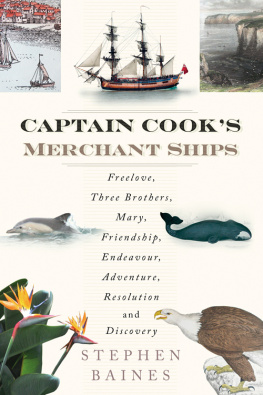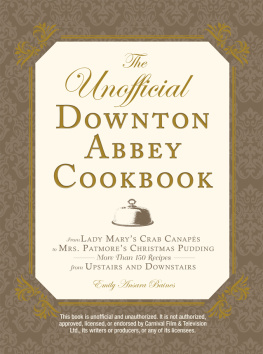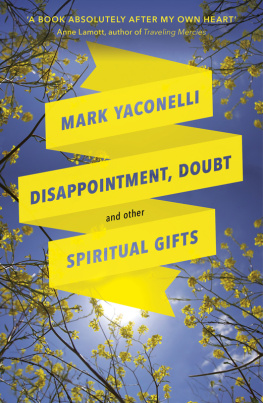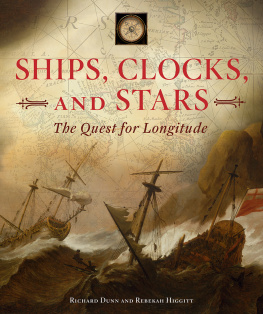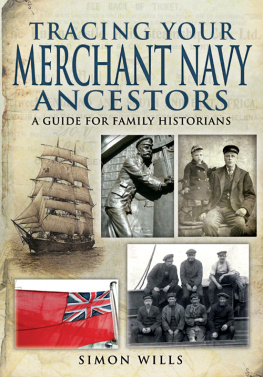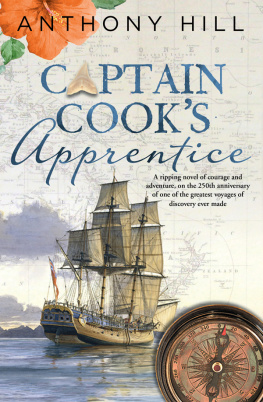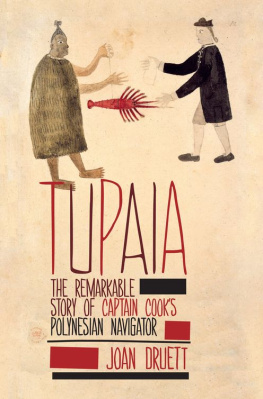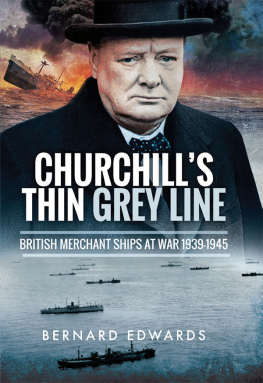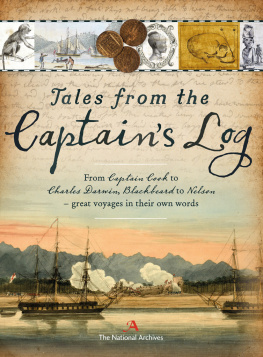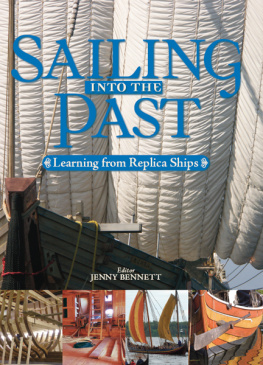
You are a King by your own Fire-side, as much as any Monarch in his Throne: You have Liberty and Property, which set you above Favour or Affection, and may therefore freely like or dislike this History, according to your Humour.
(Cervantes, Don Quixote , from the Authors Preface, English Translation, 1725)
In memory of Peter Frank, author of Yorkshire Fisherfolk , academic, lover of Whitby, and a man of great humanity, charm and wit.
I am grateful to numerous institutions which have given me help, especially The National Archives at Kew, the National Maritime Museum at Greenwich, the Whitby Pannet Park Museum, Library and Archive, and the United Kingdom Hydrographic Office. I am also indebted to the libraries of Cambridge University and the University of Essex, and to the public libraries of Colchester and Lancashire.
Anyone who writes history owes a deep debt of gratitude to Sir Tim Berners-Lee, and all those who have made information available on the internet. Noteworthy are Internet Archive, Gutenberg, Open Library and British Newspaper Archive; but my especial gratitude goes to the Gale Group for their digitisation of the Burney Collection of seventeenth- and eighteenth-century newspapers (held in the British Library), and for their Eighteenth Century Collections Online (ECCO) which is an impressive source for historians of this period.
So many people have been helpful to me in the writing of this book that I cannot list them all, but the following need a mention: D.K.Abbass, Rosalin Barker, Ian Boreham, Roger Dalladay, Margaret Holmes, Dave King, Yvonne Leck, Amy Miller, Robert and Jane OHara, Waldemar Ossowski, John Robson, Ann Thirsk and Cliff Thornton. Also my four favourite people: my wife Susan and our daughters Claudia, Eleanor and Philippa, without whom I would probably never have finished this book.
Contents
T here have been numerous books about James Cook, the first being the Life of Captain James Cook published in 1788 by the Presbyterian minister Andrew Kippis, which concentrated almost exclusively on the voyages, and was not the result of any great thoroughness of research, though it was much copied. The next biography of Cook worthy of note appeared in a fourteen-page entry in Volume II of A History of Whitby by George Young, in 1817. Although brief, it corrected some existing errors, and Young had done his research thoroughly even though he was not in Whitby at all in the eighteenth century. He contacted Henry and John, the sons of Cooks master and lifelong friend John Walker (170685), and persuaded them to lend him the letters Cook sent to their father, which he transcribed into the biography. Young was not only a historian but also the Scottish Presbyterian minister of Whitby, and he could not refrain from condemning Cook for the general neglect of divine service, too apparent from his journals and for permitting the inhabitants of Owhyhee [Hawaii] to adore him as a god; but his final opinion of Cook was favourable because he opened up for the South Sea islanders the door of real bliss, asserting that The Society isles are now becoming happy isles indeed, rescued from absurd idolatries and abominable vices, and enriched with the blessings of Christianity and of civilization, through the arduous labours of faithful missionaries an evaluation of Cooks journeys which now finds few supporters.
Many books followed, some clarifying, some copying, some confusing; but it was not until the publication in 1974 of The Life of Captain James Cook by the New Zealander J.C. Beaglehole that a definitive, comprehensive and thoroughly researched account was available.
Much has been written since then about Cook on both the macro and micro scales; but the most popular format has been to tell the story of Cooks life, concentrating mainly on the three voyages. Although most of these included a brief account of Cooks childhood, this was a largely neglected area until Cliff Thorntons Captain Cook in Cleveland . Similarly, Cooks early years in the Royal Navy were overlooked until John Robsons Captain Cooks War and Peace: The Royal Navy Years 175568 .
This book also seeks to fill a gap. Rather than tell the story of Captain Cook in which the ships have bit parts, I thought it would be interesting to tell the story of the ships in which Cook has a bit part. Cook sailed in or with eight ships which had begun as merchant ships: four in his earlier nautical career ( Freelove , Friendship , Three Brothers and Mary ), and four on the three voyages ( Endeavour , Resolution , Adventure and Discovery ). These ships have been written about before, but mainly sketchily and sometimes erroneously. Recently, some excellent work has been done on these ships, for example, John F. Allans article Cooks Ships A Summary Update in Cooks Log (Vol 25, 2002), the magazine of The Captain Cook Society.But the real star in this sphere is Dr D.K. Abbass, director of the Rhode Island Marine Archaeological Project (RIMAP), who identified the transport Lord Sandwich as the terminally aged Endeavour , scuppered in Newport Harbour, where the ship probably lies still among the wrecks which RIMAP has discovered and which are currently undergoing thorough underwater archaeological excavation.
This book has a broader scope, covering the lives of Cooks eight merchant ships and those who owned them and who sailed in them. I have omitted retelling the story of Cooks three voyages for the same reason Young did not write a detailed account of the voyage of the Endeavour : it is unnecessary having been long known to the public. However, what I think is necessary is placing these ships and people in the context of their times; so this book is also a story of trade, science, liberty and belief vital themes in that exciting, violent, gossipy but largely untaught and unknown period through which these vessels and their people sailed literally and figuratively between the old world and the new. Kippis biography of Cook was criticised because it omitted the appropriate philosophical perspective, and Young regretted he did not have space in his biography of Cook to discuss matters of commerce, science, civilization and religion. I have attempted to remedy these omissions.
There are a lot of genealogies in this book for which I make no excuses. In a society where business and family life were inseparable it was often the tangled webs of familial loyalty which made history. Historical genealogy is also interesting in itself, as Horace Walpole wrote: People dont know how entertaining a study of ancestors can be. Who begot who is a most amusing kind of hunting.
Where contemporary sources have been quoted the spelling and punctuation are original, with occasional editing for clarification. Biblical quotations are from the 1611 Authorised Version (King James Bible). The titles of the chapters use the names of contemporary Whitby ships, and the epigraphs are quotations from people who were alive in or before the eighteenth century. For information about money, weights, measures and the calendar, see the Appendix. Footnotes appear throughout; endnotes indicate sources, and are after the Appendix.
Stephen Baines

Trade, like Religion, is what every Body talks of, but few understand.
(Daniel Defoe, A Plan of the English Commerce )
W hen James Cook was born in 27 October 1728 Britain was a successful trading nation with a large number of Royal Navy ships and a larger number of merchant ships. Britons prided themselves on being a strong nation of free people, ruled by a Protestant monarch, governed by Parliament, with a state religion which was remarkably tolerant of other (Protestant) groups. It was noted for its free press, its freedom of speech and for its scientific achievements. How had all this come about?
Next page
